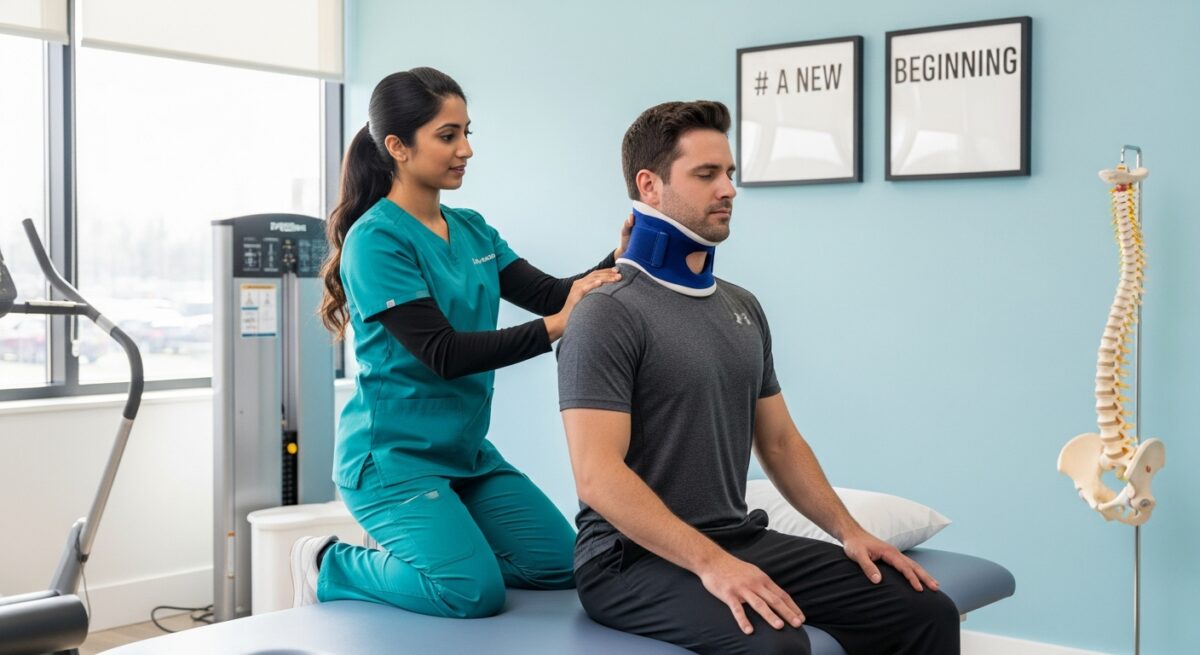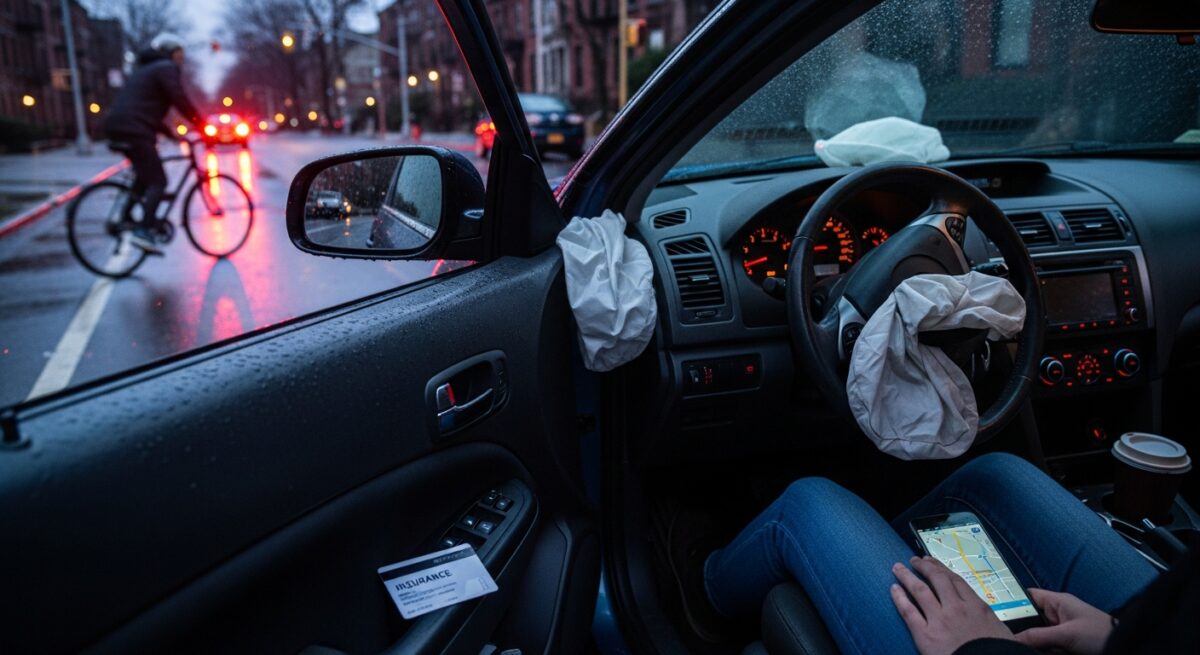With the growing popularity of Uber, Lyft, and other rideshare services, accidents involving these platforms are on the rise. But determining
who’s liable in a rideshare accident can be more complex than a typical car crash. Liability may rest with the driver, the rideshare company, or even third parties. Understanding your rights and responsibilities is key to protecting yourself and receiving fair compensation.
Whether you’re a driver, passenger, or another motorist, this guide will help clarify the key legal and insurance issues at play in rideshare accident claims.
📎
Internal Resource: Learn more about legal support after an accident at
Legal Case Review.
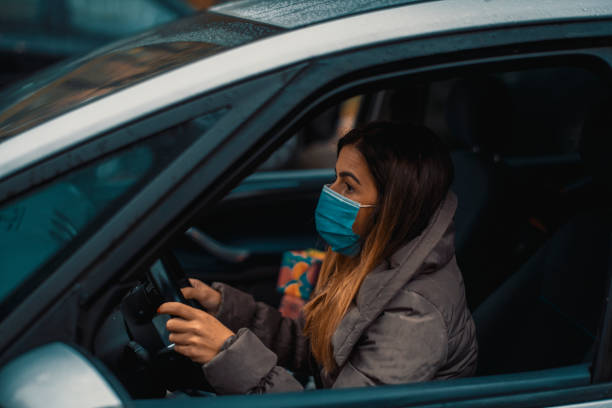
Ready to connect with top legal professionals? Get immediate support— Call us at 877-550-8911.
Connect with Our Legal Team
Understanding Rideshare Liability
Rideshare accidents are unique because they involve commercial entities, personal vehicles, and app-based employment structures. Most rideshare drivers are classified as independent contractors, which can complicate liability.
Uber and
Lyft, for example, provide insurance coverage, but it depends on the driver’s status during the accident:
- Offline: Only the driver’s personal insurance applies.
- Available or waiting for a ride: Limited liability coverage provided by the rideshare company.
- En route or transporting a passenger: Full coverage from the rideshare company’s policy.
📝
External Source: For more detailed state-by-state breakdowns, visit
NHTSA – National Highway Traffic Safety Administration.
Key Factors Influencing Rideshare Accident Liability
When asking,
who’s liable in a rideshare accident, consider the following:
1. Driver’s Status
Whether the driver was offline, waiting for a ride, or actively driving a passenger influences what insurance applies and who may be held liable.
2. Negligence
Was the rideshare driver speeding, distracted, or under the influence? Their actions directly impact fault and responsibility.
3. Third-Party Involvement
Sometimes another driver or external factor (like a mechanical failure) contributes to the crash. This adds another layer to liability.
4. Passenger Behavior
In rare cases, passenger interference—like distracting the driver—may partially affect liability.
Understanding these variables can help determine legal fault and how to file a successful claim.
The Role of Rideshare Companies
Uber, Lyft, and similar platforms often try to limit their liability by classifying drivers as independent contractors. However, they are not completely off the hook.
Rideshare companies carry up to
$1 million in liability insurance when a driver is actively on a trip. This includes:
- Bodily injury
- Property damage
- Uninsured/underinsured motorist coverage
While companies may claim limited liability, their operational control and safety policies can make them partially accountable.
Driver Responsibility in Rideshare Accidents
Rideshare drivers are expected to follow standard traffic laws and company safety protocols. Violating either may increase their personal liability.
Drivers must also:
- Maintain valid driver’s licenses
- Pass background checks
- Keep their personal insurance active
If a driver fails to follow company guidelines or is involved in reckless behavior, they could be held solely or partially responsible for the accident.
Passenger Rights and Liabilities
As a passenger, you’re usually not at fault in a rideshare accident, but you still have responsibilities. For example:
- Wearing a seatbelt
- Not interfering with the driver’s ability to operate the vehicle
You have the right to file a claim if you’re injured. This could be against:
- The rideshare company’s insurance
- The at-fault driver’s insurance
- Both, depending on circumstances
Passengers should document the incident thoroughly by taking photos, collecting driver info, and reporting the accident within the rideshare app.
Insurance Coverage Breakdown
Here’s a general overview of
Uber and Lyft insurance policies:
Driver Status Coverage Provided Offline Driver’s personal insurance only Available Up to $50,000 per person for injury; $100,000 per accidentOn TripUp to $1 million in liability coverage
Drivers must still carry their own
personal insurance, and in many states,
rideshare-specific policies are required.
📎 For more info on insurance rules and accident statistics, check
Insurance Institute for Highway Safety (IIHS).
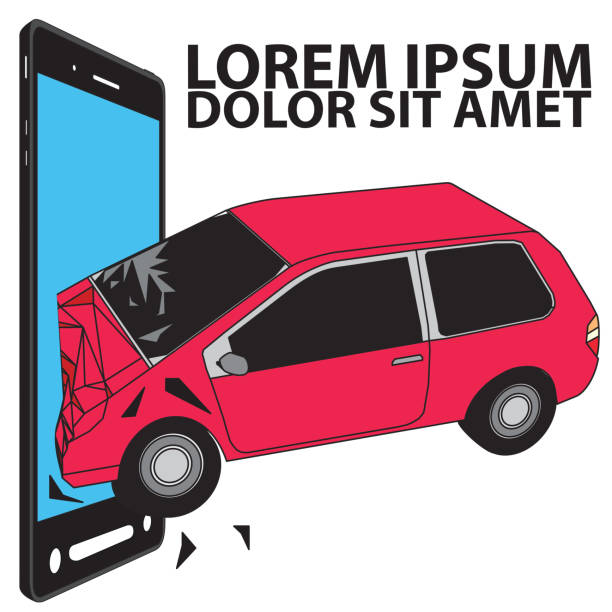 Legal Recourse for Victims
Legal Recourse for Victims
If you’re injured in a rideshare accident, you have several legal options:
- File an Insurance Claim: Against the driver’s or company’s insurer.
- Negotiate a Settlement: Often done with the help of a legal professional.
- Pursue a Lawsuit: If insurance claims are denied or inadequate.
Evidence That Strengthens Your Case:
- Photos of the scene
- Witness statements
- Medical records
- Police reports
You should consult with a personal injury lawyer experienced in rideshare cases to maximize your compensation.
📎
Need help now? Visit
Legal Case Review to explore your legal options today.
FAQs About Rideshare Accident Liability
1.
What should I do immediately after a rideshare accident?
Ensure your safety, call 911 if needed, document the scene, and report the incident to the rideshare app. Seek medical attention even for minor injuries.
2.
Is Uber or Lyft automatically liable for all accidents?
No. Liability depends on the driver’s status and the specifics of the incident. The rideshare company may share liability, especially during active trips.
3.
Can I sue the rideshare company directly?
Yes, but it’s complex. If the company failed to enforce safety protocols or provided inadequate insurance coverage, they may be sued directly or as part of a broader claim.
4.
Do passengers have any legal responsibilities in an accident?
Yes. Passengers should follow basic safety protocols like wearing seatbelts. However, they are rarely held liable unless they directly caused the accident.
5.
What if another car caused the rideshare accident?
In that case, the at-fault driver’s insurance would be the primary source of compensation. However, rideshare insurance may still apply if needed.
Final Thoughts
Rideshare accidents can leave victims confused about liability, insurance, and legal rights. By understanding the key factors involved—driver status, company policies, and applicable laws—you can better protect yourself.
If you’re ever in a rideshare accident, seek immediate medical care, document everything, and consult a qualified attorney. Legal support can make all the difference in securing fair compensation and peace of mind.
Don’t wait to secure the legal representation you deserve. Visit Legal Case Review today for free quotes and tailored guidance, or call 877-550-8911 for immediate assistance.
Scott Thompson is an authoritative industry veteran, CEO and Founder of Astoria Company. With his extensive experience spanning decades in the online advertising industry, he is the driving force behind Astoria Company. Under his leadership, Astoria Company has emerged as a distinguished technology advertising firm specializing in domain development, lead generation, and pay-per-call marketing. Thompson is widely regarded as a technology marketing expert and domain investor, with a portfolio comprising over 570 domains.
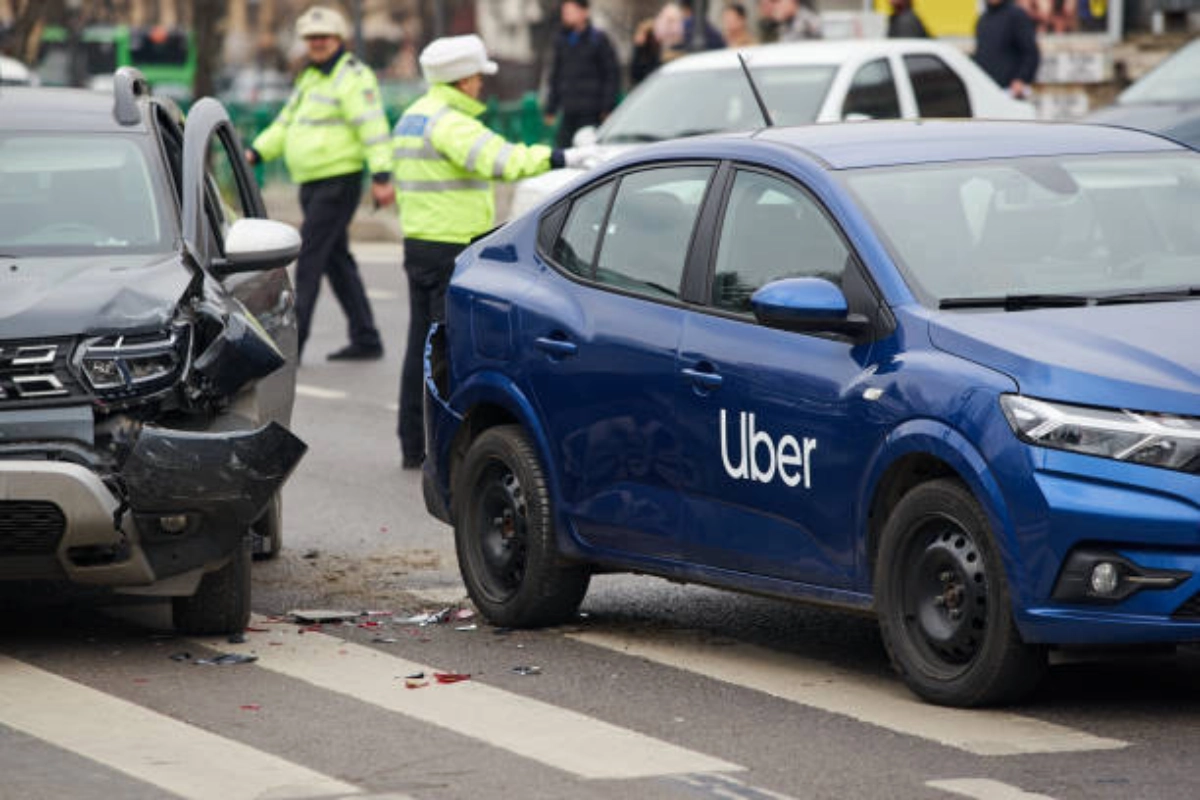
 Legal Recourse for Victims
Legal Recourse for Victims

